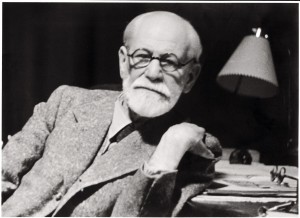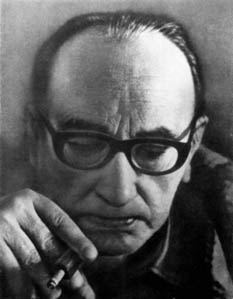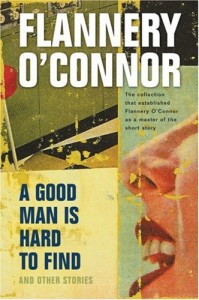 Good Man Is Hard to Find
Good Man Is Hard to Find
This is a short story written by Flannery O’connor, when I read this story I had a hard time trying to find the meaning to it as a whole. The main character of the story is the grandmother who has a lot of premonitions since she doesn’t want to go to Florida but instead Tennessee because there is a killer on the loose, she mentions to her son Bailey that if she was him she would not take her children to where the killer is because “she couldn’t answer to her conscious”. This is Ironic since is she who takes them to a back road, it’s her cat who scares the driver (son) and she is the one that recognizes the killer which really ends and chance of him letting them go. This character the grandmother nags a lot she wants things done her way and complains when they are not. In a way she has a very childlike personality and in Irony the children John Wesley and June Star, are very adult like. The killer is an interesting character especially the fact that he does not remember the fact that he committed crimes. In a way it represents our difficulty in accepting when we do bad things he is very much ambiguous to his badness and crimes. He is not in denial because he does accept committing the crimes he says “It wasn’t a mistake. They had the papers on me”; so he accepts what he did he just can’t recall it. In the story the son and his wife have a very dark quiet position, they hardly speak but you sense their hatred towards the grandmother or maybe it’s just a reflection of the reader’s dislike of the grandmother. (I really didn’t like the character) At the end of the story the killer kills the whole family but the last one he kills is the grandmother, here you have a lot of religious reference, and you also have background of the killer he mentions he used to be a gospel singer but ended up a killer, the story in a way is saying that any of us can be the killer because we can all become bad, the is a point in the story where the grandmother says “you can be my son” so he is anybody really but with the difference that he has become bad. I think writer does a really good job with the characters but with the plot there is not much.

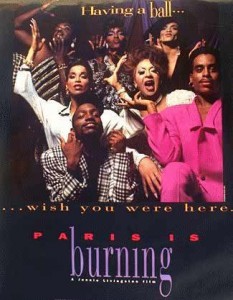 Paris is Burning by Bell Hooks
Paris is Burning by Bell Hooks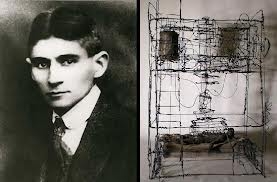
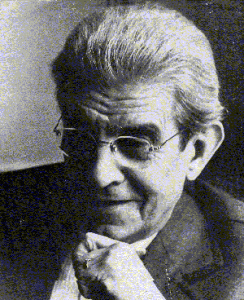
 He later tries to explain it with using bedded chains interlocked with one another. And this reminded me of DNA how proteins become DNA which becomes genes and then they are chromosomes, it is a complex interconnected system where one thing is not more important than the other like the signifier and the signified.
He later tries to explain it with using bedded chains interlocked with one another. And this reminded me of DNA how proteins become DNA which becomes genes and then they are chromosomes, it is a complex interconnected system where one thing is not more important than the other like the signifier and the signified.